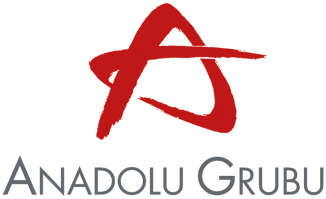Over the last decade, considering global warming and climate change issues, one of the most significant financial innovations in the sustainable finance area has been the development of green bonds. The demand for green bonds, to a large extent, is attributable to the growing prominence of climate issues. As public and private institutions around the world are necessarily more attentive in terms of adoption of sustainable and socially responsible policies, the investors and shareholders are now more aware of the risks of climate change. Likewise, corporates are considering alternatives to create economic value while also contributing to safeguard of the future. Therefore, although sustainable financing methods were already on the rise prior to the pandemic, they are now even more significant instruments for raising funds for green and sustainable recovery projects.
European Investment Bank (EIB) and the World Bank pioneered the first green bonds, with EIB issuing its Climate Awareness Bond in 2007, as a structured bond with proceeds dedicated to renewable energy and energy efficiency projects and the World Bank issuing its first green bond in 2008 to raise funds from fixed-income investors to support lending for eligible climate-focused projects. Since then, the market for green bonds has grown considerably. According to a report by Climate Bonds Initiative, annual green bond issuance topped half a trillion in 2021 for the first time, which represented a 75% increase on prior year volumes. Recently, green bonds have been issued by issuers in more than 50 countries and the United States of America has the largest source of green bonds. Continue reading “Sponsored briefing: Sustainable finance instruments: green bonds”
















